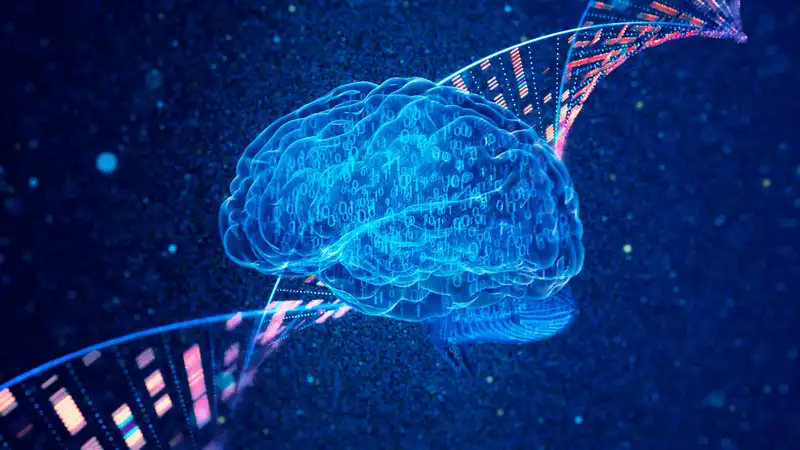The human brain, in most cases, remains a kind of mystery. But that hasn't stopped researchers from trying to solve one of the most complex objects as a species they've ever encountered, but
of the study's recent collaboration with Google's AI experts and Harvard University researchers has allowed them to scan and map a single cubic millimeter of brain tissue.This created 1.4 petabytes of data in just the image (via Tom's hardware). This is a staggering 1,400,000 GB of photos created and processed to map a tiny fraction of the human mind, and when scaled up to cover the entire brain, about 1.6 Zeta-bytes, or 1.6 trillion gigabytes of storage, are used.
Fyi, a data center built to store such a huge amount of information at a cost of00.03 per GB, storage costs just about44.8 billion.
To achieve this result, the researchers sliced brain tissue samples into 5,000 individual wafers, took images of each slice using an electron microscope, and recombined by Google's AI imaging technique to unravel neuronal pathways, providing previously unknown details about the inner workings of a humble human noggin. It is the first time that we have been able to do so.
In particular, 1 neuron was found to have more than 5,000 connection points with other neurons, but some axons — nerve fibers carrying signals - were found to be tightly coiled together, for reasons not yet known.
Speaking to the Guardian, Harvard Professor Jeff Lichtman said, "We found a lot of things in this dataset that are not in textbooks. We don't understand those things, but it suggests that there is a gap between what we already know and what we need to know
or as Donald H. Rumsfeld once famously said, "We also know that there are known unknowns."..But there are also unknown unknowns, things we do not know do not know."Anyway, the study reveals some new mysteries surrounding the human brain that are not yet understood, but the size of the data set created here is remarkable in itself.
And in a world where the term "AI" seems to be becoming increasingly meaningless, this is a perfect example of how we can effectively leverage the vast data processing power of machine learning algorithms and powerful AI processing hardware to unlock the secrets of our own incredibly powerful biological processing hardware. It is also noted that there is a possibility.
Just thinking about it can be a headache. For future reference, please don't sample mine. Looking at the slides of my humble wetwear unit gives me less impression of the density of the human brain, and a collection of images of a flipbook circled with a unicycle
.

Comments